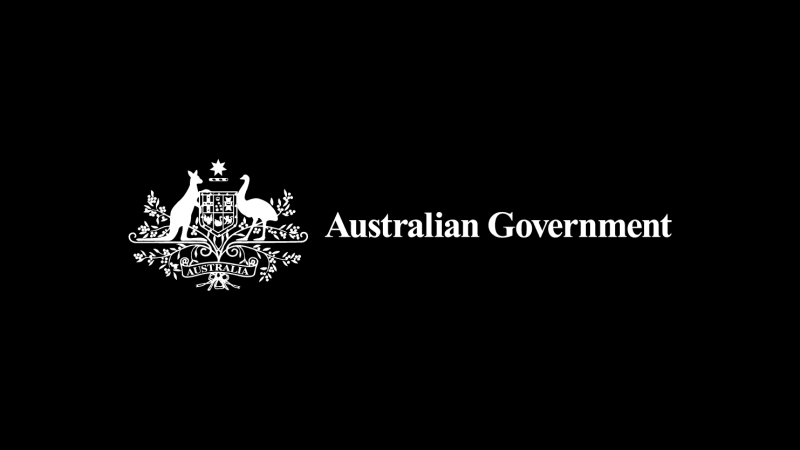
Modern Slavery Act 2018 (Cth)
Australian Government
Sustainability Resources
Hutchies understands that every entity has modern slavery risks within its operations and supply chains. Construction is considered a high-risk industry due to its reliance on manual work, subcontract arrangements and complex supply chains.
Common high risk raw materials used in the construction industry include timber, bricks, glass, rubber, piping, cement, carpet, steel and tiles. Other areas of risk are electronics, uniforms, labour, security and cleaning services.
We operate solely within Australia and are subject to stringent laws and regulations around labour rights and safety. As a family-owned business, Hutchies’ values of giving everyone a ‘fair go’ and taking care of each other are deeply entrenched in our culture. We believe these factors operate to lower the risk of Hutchies causing modern slavery within our operations.
This information has been provided to assist our supply chain in understanding the relevant laws and Hutchies' requirements to comply with modern slavery.

Australian Government
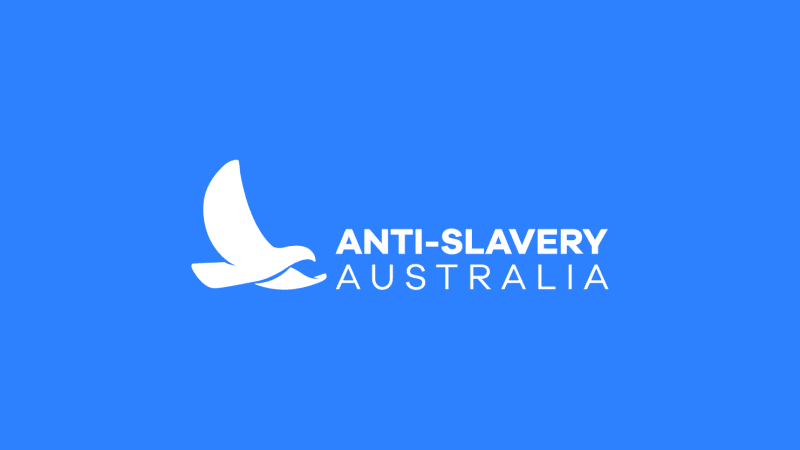
Free Support & Legal Services
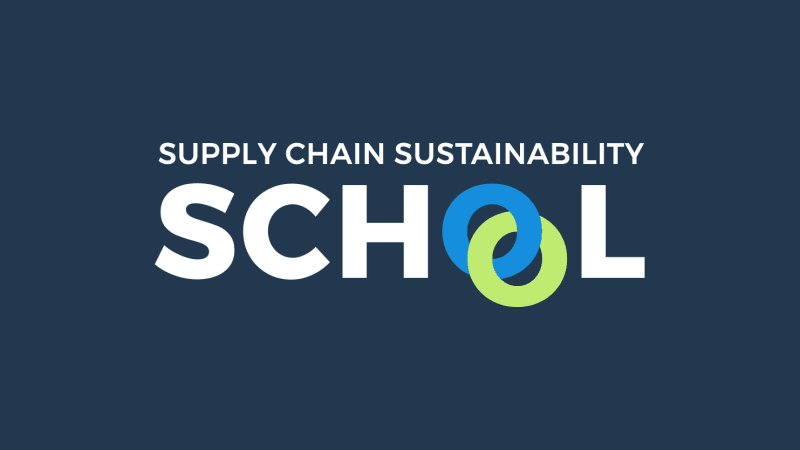
Free E-Learning for Property & Construction
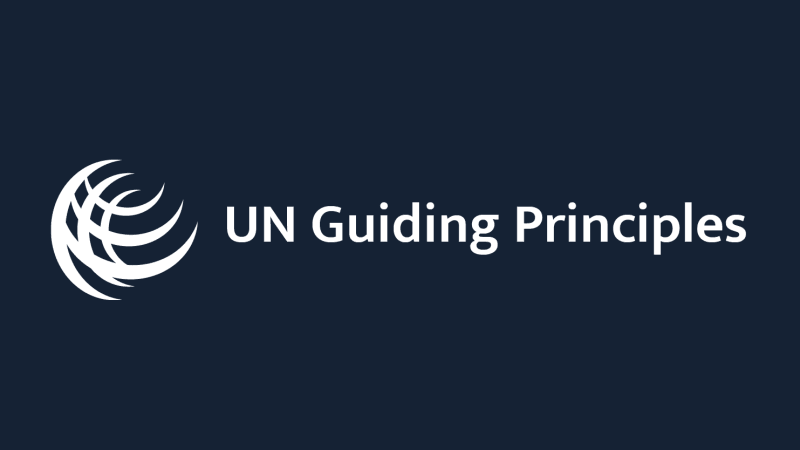
Information for business
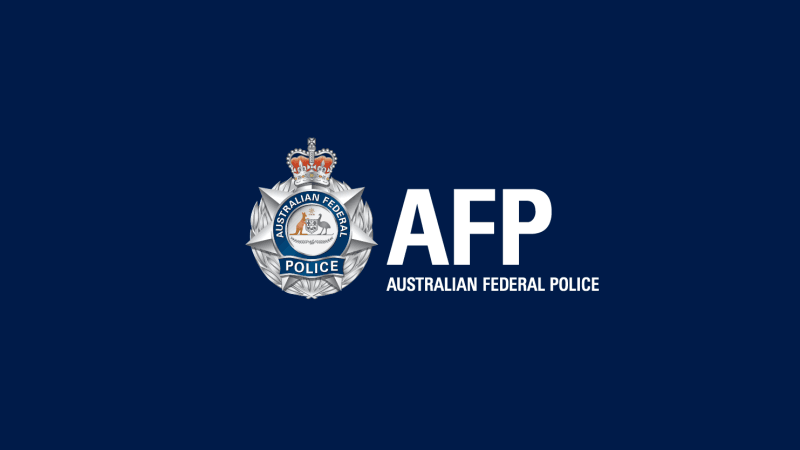
Australian Federal Police
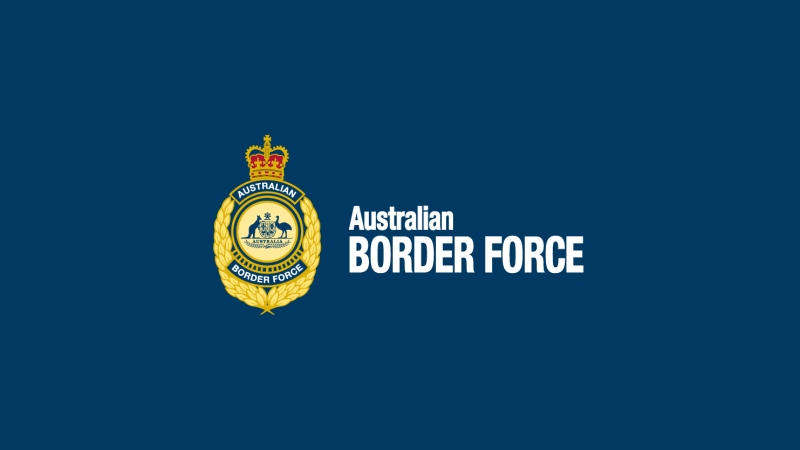
Australian Border Force

HU-Policy-009
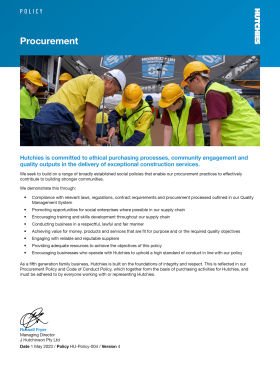
HU-Policy-005
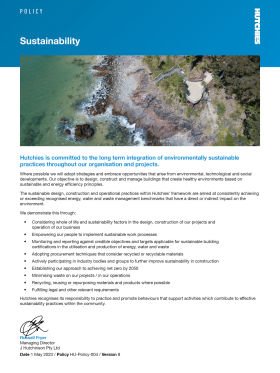
HU-Policy-004

HU-Policy-007
Modern slavery refers to a range of serious human rights violations, which are also crimes in Australia. The term is used to describe situations where coercion, threats or deception are used to exploit people and deprive them of their freedom.
Modern slavery includes:
Modern slavery does not include substandard working conditions or underpayment of workers, however these practices are also harmful and may be warning indicators for wider modern slavery practices.
For more information on workplace rights and obligations, visit the Australian Government Fair Work Ombudsman website.
Modern slavery distorts global markets, undercuts responsible business and can pose significant legal and reputational risks to entities.
Entities have a responsibility to respect human rights in their operations and supply chains, as outlined in the United Nations Guiding Principles on Business and Human Rights. This includes taking steps to assess and address modern slavery risks.
Taking action to combat modern slavery also makes good business sense. Entities that take action to combat modern slavery in their operations and supply chains can protect against possible business harm and improve the integrity and quality of their supply chains.
They can also increase profitability, investor confidence and access to financing opportunities.
Modern slavery can occur in every industry and sector and has severe consequences for victims.
In construction
Globally, around 7% of the workforce is employed in the property and construction industries. Building materials sourced from geographies with poor working conditions and locally with outsourcing / multi-layered subcontracting are both risk areas for our industry.
Key impacts in construction:
As consumers
We could also be unknowingly supporting modern slavery when we buy products that have been made with slavery in the supply chain.
Knowing who makes your clothes, where the cocoa in your chocolate comes from, who sources materials for the manufacture of your mobile phone and the working conditions of the people who provide you services are ways we can make better consumer choices that are modern slavery free.
Modern slavery victims are found in the construction industry
Forced labour victims are in the offshore manufacturing / production
Common modern slavery practices in construction
High risk construction practices
Examples
On the false promise of long-term work or permanent residency, foreign workers and students have borrowed and paid significant amounts of money for skilled worker visas to come to work in Australia. Instead, they have found themselves in temporary work with little or no pay, forced into debt bondage to pay off the debts. The workers sometimes have their passports seized so they cannot leave and are threatened if they join a union or report their circumstances to authorities.
Korean workers in debt bondage have been found in Australian construction sites, building offices and residential blocks.
The workers had no employment contracts and no agreement on rates of pay or conditions. Hired through contractors and subcontractors, the workers did not receive appropriate training or protective equipment. They were told to use each other’s safety induction cards as subcontractors turned a blind eye to reduce costs.
To repay the loans to recruitment and migration agents, the workers’ salaries were deducted with exorbitant interest rates, along with rent, food and other expenses. They were crowded into small rooms with seven or eight people for accommodation.
In one case in Sydney, a Korean tiler died from severe respiratory illness, most likely due to his tiling work. He was an undocumented worker in the construction industry for 12 years, with no workers’ compensation, no superannuation and was never recorded on employers’ records. With no money to see a private doctor, he was fearful to seek treatment in a public hospital in case he was detained for working illegally.
This real life example was published in the Property, Construction and Modern Slavery Publication (2020).
Many raw materials commonly used in the construction industry may be sourced from geographies with a high risk of modern slavery, exacerbated by conflict, poverty, displacement, weak rule of law, corruption and state failure to protect human rights.
High risk construction products and materials
It is important to conduct additional scrutiny on specific high risk products / materials when importing into Australia. These particular products / materials are known to have elevated risk of modern slavery practices in their supply chains.
Products of particular concern include:
Examples
There are many real life examples of modern slavery practices occurring in construction supply chains. The Property, Construction and Modern Slavery Publication (2020) details situations where common raw materials and products may be contributing to forced and bonded labour in foreign countries.
Blood bricks
Forced labour and child labour have been found in brick kilns in countries such as India, Pakistan, Bangladesh and Cambodia. Dubbed 'blood bricks', men, women and children work in hazardous and physically dangerous conditions, moulding and lifting bricks into brick mounds outside Hyderabad, India.
Tens of thousands of Indian families travel to the brick kilns for the six-month season where workers work 12 to 18 hours a day, suffering abuse, withheld wages, exploitation and poor health conditions from smoking bricks. The bricks are used to build offices, factories and other buildings for multinational companies around the world.
Bonded farmers
In Cambodia, the impacts of climate change on crop yields have forced farmers and their families into bonded labour in brickmaking to pay off debts from loan sharks. As a last resort, the families turn to brick factory owners who buy their debts, but few families and their children will ever pay off the loans.
Many have been exposed to serious health impacts, including amputated limbs from operating dangerous machinery, lack of safety equipment and noxious gases that cause life-threatening respiratory diseases.
Every business in Australia faces exposure around human rights risks in four domains: regulatory reporting requirements and standards, reputational damage and eroded public trust, investor scrutiny of social impact credentials, and values alignment for employees.
1 / Regulations and standards
International frameworks and domestic legislation with cross-jurisdiction reporting requirements are all advancing. Relevant developments include:
These legislative developments have been driven and informed by the 2011 UNGPs, which confirmed the corporate responsibility to respect human rights and a framework for addressing human rights risks. This framework requires businesses to address their adverse human rights impacts by taking measures to prevent, mitigate and where appropriate, remediate, human rights harm.
Along with increased regulatory requirements, the sector has seen deeper
incorporation of social issues into existing certification schemes, including Green Star and Infrastructure Sustainability Council of Australia (ISCA) IS rating tool.
2 / Reputation and relationships
Modern slavery reporting requirements are, at their core, transparency requirements aimed at increasing corporate responsiveness to modern slavery.
The reputational risk imposed by stakeholders, including the media, civil society and labour unions, calling out unaddressed modern slavery risk,
can be high.
There is increased emphasis placed on the benchmarking of corporate performance on human rights, such as the Corporate Human Rights Benchmark (CHRB)11 that is produced annually by an investor and civil society-run organisation.
In other jurisdictions, civil society groups have produced reports benchmarking published modern slavery statements and highlighting companies demonstrating leading and poor human rights practice.12 These are key market accountability mechanisms on which the transparency legislation relies to encourage good practice in managing the risks of harm to people.
Increased scrutiny from the media and civil society organisations means that a failure to respond meaningfully to modern slavery can lead to a fundamental corrosion of trust.
3 / Company purpose
For many companies, addressing modern slavery is the ‘right thing’ to do. It aligns with their purpose, culture and values. Employees are also increasingly demanding that their employer considers the human rights impacts of their business. The efforts of Australian companies to address their modern slavery risks also contribute to the achievement of United Nations Sustainable Development Goal 8, Target 8.7, which asks for effective measures to eradicate modern slavery by 2025.
In a context where the construction sector in particular is seeking differentiators to attract talent, a focus on responsible business practices provides an opportunity for companies to both appeal to and retain employees. Property management companies, who have typically focused on environmental performance as a key market differentiator, have an opportunity to extend that values-based work into the social domain.
4 / Investor and lender scrutiny
Investors and lenders are increasingly analysing human rights performance. Companies that cannot demonstrate that they are putting in place appropriate systems to identify and address these risks may experience loss of substantial investors or devaluation of their business. This applies especially in contexts where third parties raise allegations of modern slavery practices in relation to a company or its supply chains. This pressure is rising with the introduction
of modern slavery legislation in Australia and around the world, as investors themselves may be the subject of required reporting.13 At present, few companies do any quantitative analysis of financial impacts arising from brand damage, loss of reputation and interruptions to production that may arise from human rights issues.
What Hutchies must do to comply
Hutchies is a 'reporting entity' under the Modern Slavery Act 2018 (Cth). This means we must provide an annual Modern Slavery Statement to the Australian Government which is published publicly on the Modern Slavery Register.
In summary, we are committed to:
Reporting entity
Hutchies' annual turnover exceeds $100 million, which makes us by definition under the Modern Slavery Act 2018 (Cth), a 'reporting entity'. This means we must provide a transparency statement each year to the Australian Government outlining our approach to managing risks of modern slavery in our supply chains.
Socially conscious clients and financiers
Many of Hutchies' larger projects are being delivered or funded by big entities who are either also 'reporting entities' or may also be listed on the ASX or foreign stock markets with socially conscious shareholder expectations.
In order for Hutchies to continue constructing these rewarding projects for, we must be proactive in our awareness, monitoring and managing of modern slavery requirements to remain compliant with client requirements and the law.
We regularly complete surveys and questionnaires for clients and in tenders specifically on our efforts in the modern slavery space.
Because Hutchies is a 'reporting entity' under legislation, we must prioritise working with suppliers, subcontractors and consultants who demonstrate a shared commitment to modern slavery compliance.
This means that even smaller businesses who work with us need to share our commitment in taking practical steps towards minimising risks of modern slavery in the supply chains relating to Hutchies' projects and operations.
The Modern Slavery Act 2018 (Cth) requires entities with a consolidated revenue of $100 million or more to submit an annual modern slavery statement on what they are doing to identify and manage modern slavery risk in their operations and supply chain. The statements will be published on a central government registry.
Modern slavery statements require approval of the Board (or equivalent) and the signature of a Director or a responsible member of the entity.
Entities that fall outside the threshold can demonstrate good practice by reporting through a voluntary ‘opt in’ mechanism.
There are seven mandatory reporting criteria:
Everyone who works with Hutchies (employees, subcontractors, suppliers, consultants and agents) must comply with the following requirements.
Policies & Contracts
Annual Survey
To better understand our suppliers, their employment standards, and supply chains, Hutchies conducts an annual survey of our top supply partners. This survey is strictly confidential.
We expect our suppliers who receive this survey to:
Risk Management
Hutchies is committed to working closely with any parties who may have potential areas of risk or reported breaches. This is a complex issue with many sensitivities, particularly for people who may be at risk
Contractual Commitments
Hutchies' contracts have been updated to introduce new clauses specifically to ensure compliance with modern slavery requirements.
Slavery affects everyone. In particular, forced labour allows companies an unfair advantage over others with ethical practices, by allowing them to profit without properly paying their employees.
Small actions can have big effects. Choosing to buy products made ethically and sustainably has a real impact on a businesses’ profits and share value. Under Australian legislation, large businesses (like Hutchies) are required to publicly report what actions they are taking to reduce modern slavery in their supply chains.
Reading up and buying ethically are small ways to make a global impact.
We can all be more conscientious about who is supplying our daily goods and services.
Are the products we enjoy and the trades we engage provided by employees who are fairly paid? Are these workers receiving their entitled benefits and rights?
Ask questions and create the demand for goods and services that are supplied legally and ethically.
The behaviours and practices which constitute modern slavery are serious human rights violations. The level of risk of modern slavery depends on a range of intersecting contextual factors. Particular procurement categories are also regarded as having more significant inherent modern-slavery related risks.
There are four key factors which elevate the risk of modern slavery: vulnerable populations, high risk business models, high risk categories, and high risk geographies. Where multiple high risk factors co-exist, there is a higher likelihood that actual harm is being experienced, and additional controls are required to ensure that risk does not become harm.
Vulnerable populations
High risk business models
High risk categories
High risk geographies
If you suspect there may be an instance of modern slavery in supply chains that related to Hutchies, please report this immediately via:
Risk Management Team
Email / report@hutchies.com.au
Phone / 1300 488 244 (+61 7 3335 5000)
If you suspect potential modern slavery practices elsewhere, report it immediately to the relevant authority:
Australian Federal Police (AFP)
Phone / 131 237
AFP contact can be anonymous
Things to keep in mind when reporting potential modern slavery practices:
If you suspect there may be a risk of modern slavery in supply chains that could relate to Hutchies, please report this immediately via:
Email / report@hutchies.com.au
Phone / 1300 488 244 (+61 7 3335 5000)
If you suspect potential modern slavery practices elsewhere, report it immediately to the relevant authority:
AFP contact can be anonymous
Things to keep in mind when reporting potential modern slavery practices: